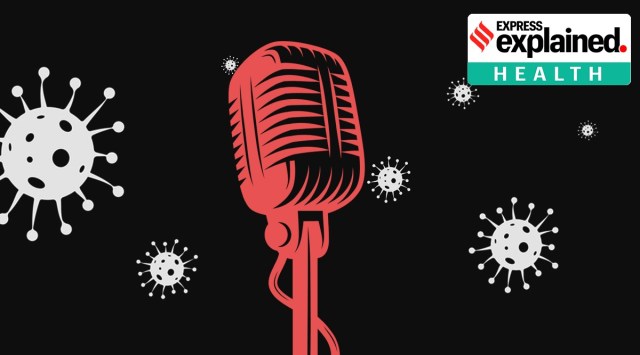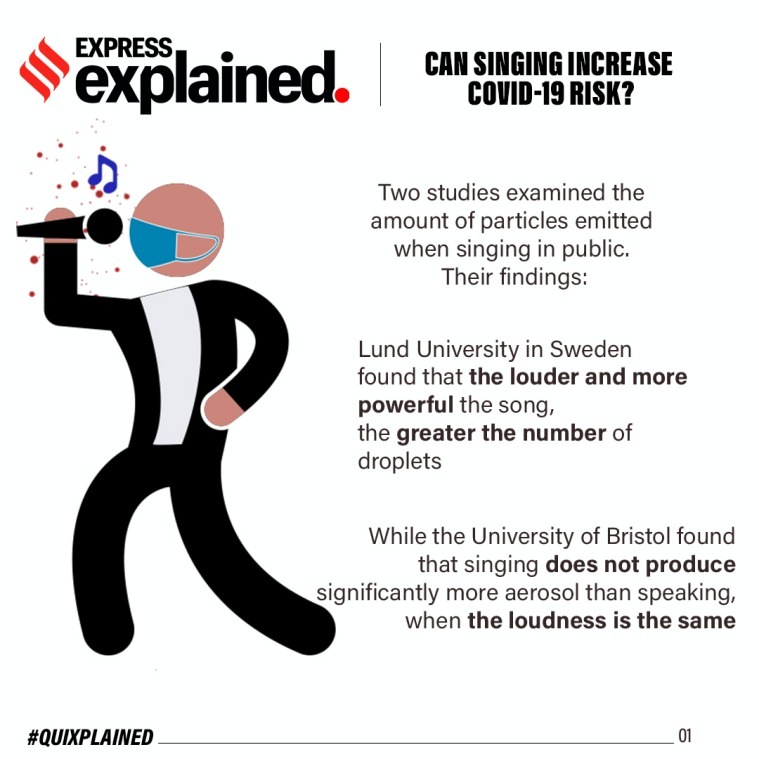Quixplained: Can singing increase Covid-19 risk?
What is the risk of Covid-19 spreading when a person sings — or talks? Two studies have examined the amount of particles emitted when singing and talking.
 Can singing increase the risk of contracting Covid-19?
Can singing increase the risk of contracting Covid-19? The act of singing emits particles into the air, and the novel coronavirus spreads through particles. So, what is the risk of Covid-19 spreading when a person sings — or talks? Two studies have examined the amount of particles emitted when singing and talking.
The broad findings
One paper, from Lund University in Sweden and published in Aerosol Research and Technology, found that:
* The louder you sing, the more particles you spread
* Consonants — particularly P, B, R, T — are bigger aerosol spreaders than vowels
The other paper, from the University of Bristol and awaiting peer review, found that:
* Singing does not produce very substantially more respiratory particles than speaking, when both are at a similar volume.
 Can singing increase Covid-19 risk?
Can singing increase Covid-19 risk?
 The Swedish researchers measured particles emitted by 12 healthy singers and two people with confirmed Covid-19; 7 of the 14 were professional opera singers.
The Swedish researchers measured particles emitted by 12 healthy singers and two people with confirmed Covid-19; 7 of the 14 were professional opera singers.
📣 Express Explained is now on Telegram. Click here to join our channel (@ieexplained) and stay updated with the latest
 Consonants release very large droplets — and B and P stand out as the biggest aerosol spreaders.
Consonants release very large droplets — and B and P stand out as the biggest aerosol spreaders.
 As the two people with Covid-19 sang, the team measured the virus in the air close to them. The air samples contained no detectable amount of virus.
As the two people with Covid-19 sang, the team measured the virus in the air close to them. The air samples contained no detectable amount of virus.
Don’t miss from Quixplained | A look at India’s Rafale fighter jet vs China’s J20 and Pakistan’s F16
- 01
- 02
- 03
- 04
- 05






































